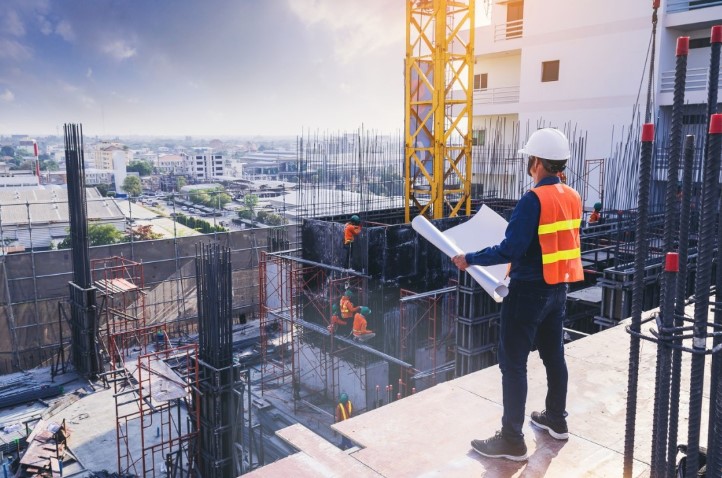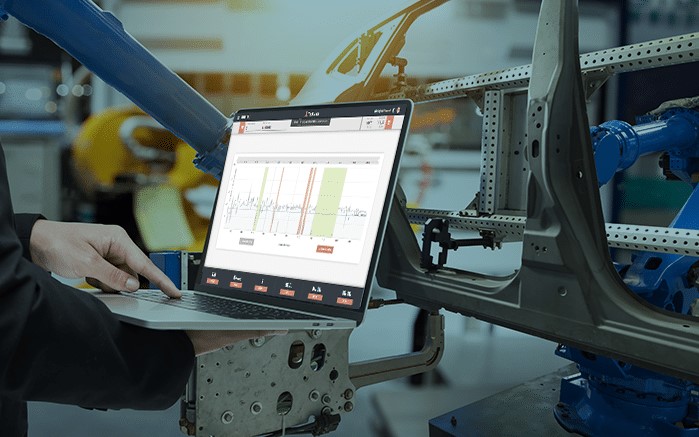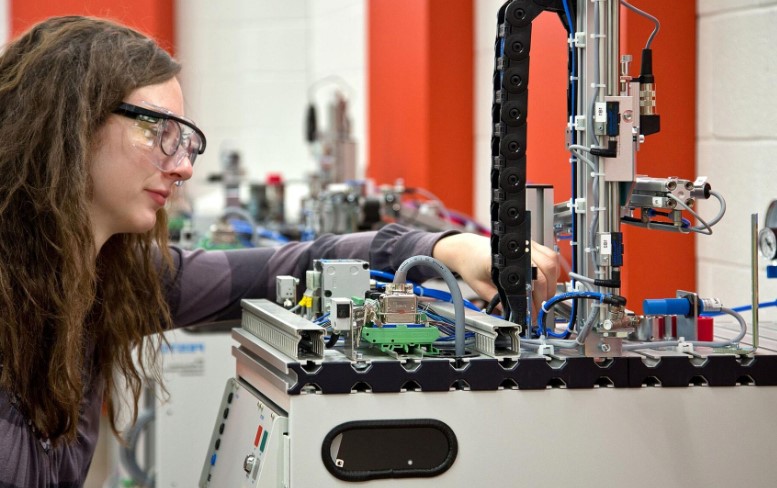
The Role of Technology in Advancing Lean Construction Practices
In the ever-evolving world of construction, the adoption of lean methodologies is helping companies enhance efficiency, reduce costs, and streamline operations. Lean construction, paired with cutting-edge technology, is revolutionizing how construction projects are managed and executed. Below, we’ll dive into what lean construction is, the advantages it offers, and the technological innovations that are driving this transformation.
Lean construction is a project management philosophy focused on maximizing value for the client while minimizing waste across all aspects of the construction process. Waste can manifest in many forms, such as excess materials, delays, underutilized labor, or redundant tasks. The goal of lean construction is to eliminate inefficiencies, improve workflow, and ultimately deliver projects on time and within budget. With a significant percentage of construction projects over budget and behind schedule, lean construction offers a much-needed solution to these persistent challenges.
Central to lean construction is a focus on customer value. By understanding the client’s true needs and expectations, construction teams can align their efforts to deliver results that meet or exceed these expectations. This approach also fosters better collaboration between owners, architects, contractors, and suppliers, creating a more cohesive project environment.
Another key concept in lean construction is the value stream, which includes all the activities, labor, materials, and information required to complete a project. By mapping out the entire value stream, construction teams can identify and eliminate non-value-adding activities, leading to more streamlined processes and fewer bottlenecks. This comprehensive approach reduces waste and increases the overall efficiency of a project, delivering better outcomes for both clients and contractors.
Technology plays a vital role in optimizing lean construction processes. One of the most valuable tools is collaboration software, which enables project teams to manage tasks and share information in real-time, even when working remotely. Mobile-based project management tools, such as scaffold inventory software, provide an easy way to track progress, communicate updates, and address issues promptly, helping projects stay on schedule.
AI-powered automated scheduling is another game-changer for lean construction. By leveraging artificial intelligence and machine learning, construction companies can optimize scheduling by analyzing countless variables and determining the most efficient timeline for each task. Automated scheduling not only saves time but also minimizes the risk of human error, leading to more accurate and reliable schedules.
Cloud-based technology further enhances lean construction by centralizing project data and making it accessible to all stakeholders. Cloud platforms eliminate the inefficiencies of traditional paper-based systems and provide a single, digital repository for all project-related information. This improves data accuracy, reduces duplication of effort, and helps teams stay on top of progress and any potential issues.
Incorporating these technologies into lean construction practices enables companies to maximize their efficiency, reduce operational waste, and achieve better project outcomes. For additional details on the technology behind lean construction, be sure to check out the accompanying resource.




